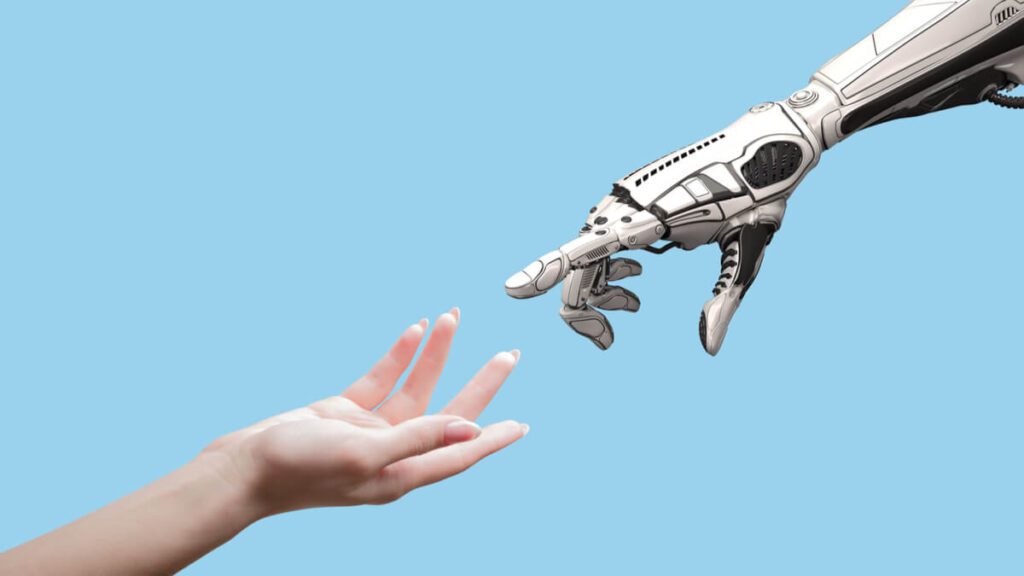
As the need for contactless health and safety solutions becomes ever-more essential, robotics in the MENA region is taking off. The forward-thinking startups, students, and entrepreneurial minds have stepped up to meet the growing demand by addressing a complex situation with hands-on solutions.
In the UAE, entrepreneur Aswin Sarang, understands that the demand for robotics in the MENA region is on the rise, and has developed several robots each capable of performing a certain task which include delivering food and medicine, sanitization services, and checking for fever.
“The idea is to sterilize infected areas and surfaces, such as hospitals, endemic neighborhoods and isolation rooms, to prevent doctors, health workers and volunteers from being infected.” Said Aswin Sarang – Head of Robotics & AI at Reliable Robotics.
The company supports healthcare authorities, airports, malls, as well as the private sector.
Recently, Reuters reported on an Egyptian engineer Mahmoud el-Komy who put his healthcare robot to the test with positive results. The robot was made to deliver routine healthcare duties such as taking temperature and testing for COVID-19 all via remote control.
The robot also delivers health information to the patients.
“There has been a positive response from patients. They saw the robot and weren’t afraid. On the contrary, there is more trust in this because the robot is more precise than humans.”
The drive to develop robotics in the MENA region seems to be sparking passion among the youth as well. In Lebanon, two engineering students created a cleaner bot of their own to sterilize indoor spaces like hospital rooms and offices. The cleaner bot costs $700/$800 to produce and can be rented out for cleaning at a fee of $50/$70 per session, depending on the size of the job arabnews.com reported.
On demand sterilization service robotics in the MENA region and around the world may see a similar rise in demand post-pandemic. Performing routine tasks that limit human exposure can be safer and more efficient for consumers and businesses alike.